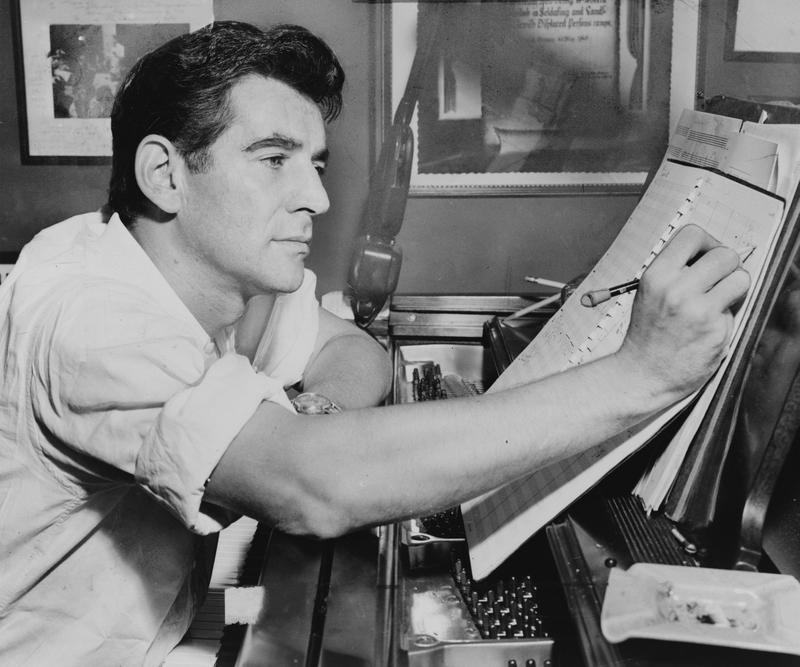
Candide, the satirical novella by Voltaire, was written in response to the Seven Years' War and the 1755 Lisbon earthquake. In the story, Candide is a sincere believer in the prevalent principle that "all is for the best in the best of all possible worlds." The townspeople believe that because God is benevolent, everything that happens is good. Through a series of adventures, Candide becomes aware of the great hardships in the world outside his small village. He concludes that optimism should mean making the best of all circumstances, not assuming that bad circumstances are good and intentional. He sums up his principals with the sentiment, "we must cultivate our garden."
Leonard Bernstein was approached by Lillian Hellman, who wanted to write Candide as a play with incidental music, but upon hearing the suggestion, Bernstein insisted the novella would make a great comic operetta. It was 1956, and Bernstein thought Candide would be the perfect parallel in the United States' post-war climate. However, when the show premiered on Broadway, the story didn't resonate with audiences or critics. It closed after 73 performances. The overture was troubling for musical theater fans who weren't used to starting a show with an orchestral piece, but the piece found success outside the musical theater sphere. It was performed by the Philharmonic the next year under Bernstein's baton, quickly became popular, and is now a concert staple.
Audiences and critics also noticed young Barbara Cook's performance as Cunegonde. The singer's talent and the aria "Glitter and Be Gay," which she would make famous, shined through the show's poor reception.
Then in the 70's, things changed. The US underwent another major cultural shift. Minorities were fighting for equality, Americans united to protest the Vietnam War, and consequently, an operetta questioning the traditions of government and religion was a better fit for a generation comfortable with questioning. Theater legend, Hal Prince was the visionary behind the show's unique set. Stephen Sondheim wrote new songs and updated old ones, to appease the palette of musical theater fans. The most notable addition, the quirky anthem "Auto Da Fe," which director Lonny Price declared the funniest lyrics in the show.
The 1973 Broadway revival ran for two years, and Candide was cemented in the opera and musical theater canons.
In 1982, Hal Prince expanded the Broadway version to create the "opera house version", which had a successful two year run at the New York City Opera. Now, City Opera is bringing back that production of Candide to catalyze their comeback, after filing for bankruptcy in 2013. The country's current cultural shift is an opportune moment to tell a story that explores the dangers of blind optimism, and concludes with the suggestion to build safe spaces through hard work.
The current production has had to extend its run to meet the demand of ticket sales. Prince has returned to the director's chair with high hopes. Excited about the new run, Prince stated, “I anticipate this production of Candide with great enthusiasm. We’ve made some changes, and right now this material is as relevant as it could ever be. I expect the audience will connect with its message.”
Listen anytime, night and day, at wnyc.org/songbook